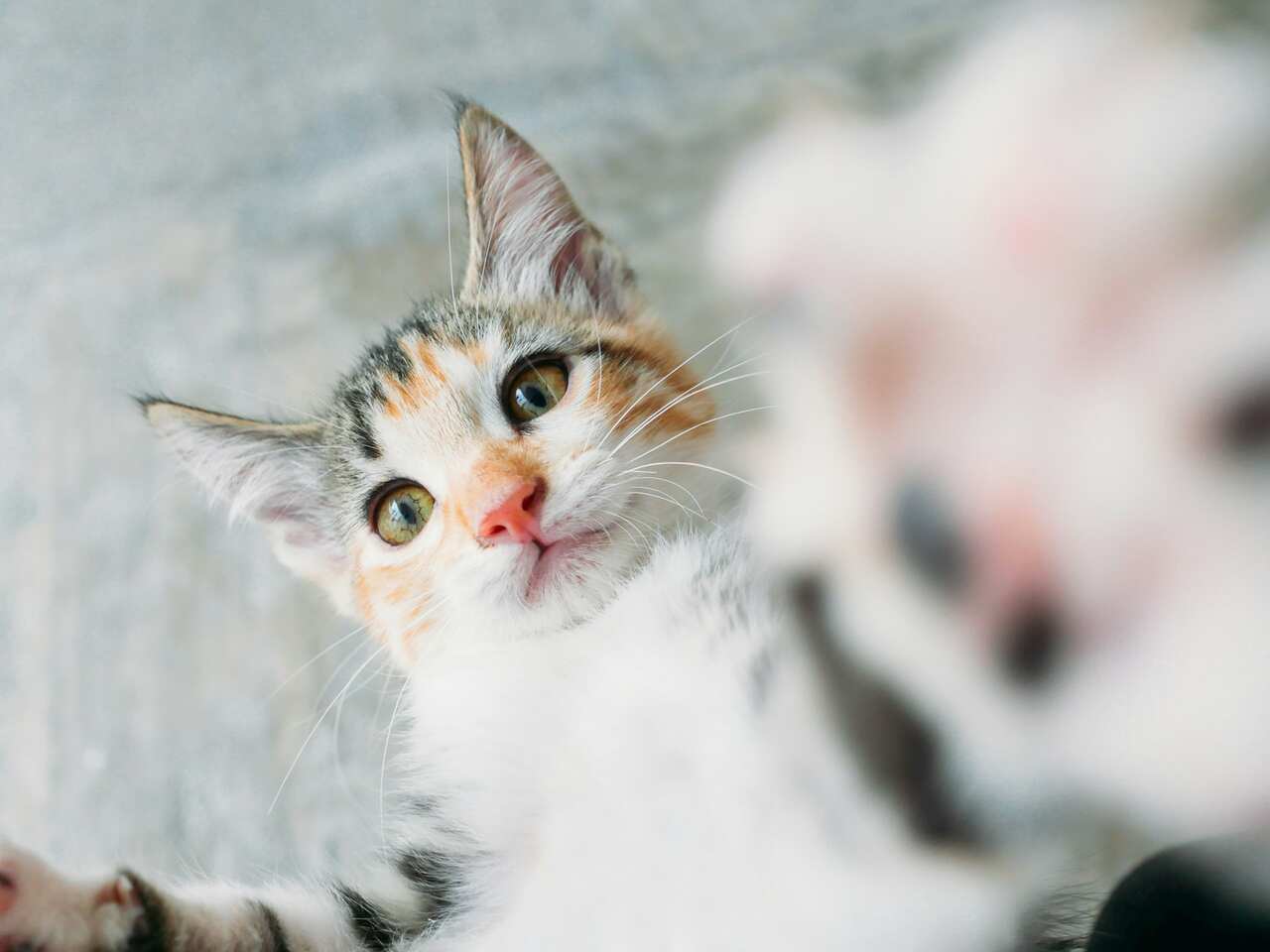
Increasingly, people are giving in to the desire to have a pet at home, and the current trend is towards cats, as they adapt better to increasingly dynamic routines, in addition to the verticalization of cities.
+ Mutant wolves living near Chernobyl develop cancer resistance
+ See the dangers to public health generated by uncollected pet feces
The responsibility of caring for a pet, however, goes beyond moments of affection and play. Therefore, it is essential to reflect on the importance of well-being, preventive health, and the quality of life provided to the pet, always prioritizing responsible ownership.
“The behavioral characteristics of felines have attracted new guardians, but like any pet, cats also need attention to their health care. Regular check-ups with a veterinary medical professional are essential to identify possible alterations and signs of health problems, allowing for more effective treatments, often in the early stages of the disease,” comments Deise Alberto, Veterinarian at Mars Petcare.
In celebration of World Cat Day, celebrated on February 17th, Mars Petcare, a specialist in nutrition and animal well-being, owner of the brands ROYAL CANIN®, PEDIGREE®, and WHISKAS®, shares tips to keep the feline’s health in check. Check it out!
Quality Nutrition
Tailored nutrition is formulated to provide the appropriate level of essential nutrients, such as amino acids, fatty acids, fibers, vitamins, and minerals, according to the specific needs of each animal. It is worth noting that dogs and cats have different nutritional needs, specific to each species. Therefore, offering suitable nutrition according to the pet’s age and health conditions contributes to disease prevention and a healthy lifestyle.
Regular Veterinary Monitoring
It is recommended to schedule regular annual appointments with a Veterinarian for comprehensive clinical examinations, including evaluation of the eyes, ears, teeth, weight, and specific checks according to the cat’s life stage and sensitivities.
Up-to-Date Vaccinations
Keeping the cat’s vaccination schedule up-to-date, from the beginning of life and following medical advice, is essential to strengthen its immunity and reduce the possibilities of contracting and developing diseases. The vaccination protocol should be indicated and guided by the Veterinarian who accompanies the pet.
Parasite Control
Some parasites can bring sensitivities or skin, intestinal, and even heart problems. Thus, the Veterinarian may prescribe a specific treatment for each diagnosed condition or antiparasitics for prevention, depending on the pet’s exposure to these organisms.

